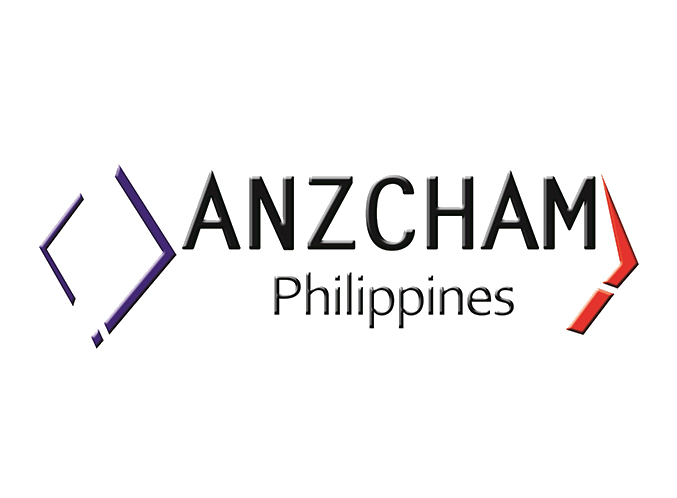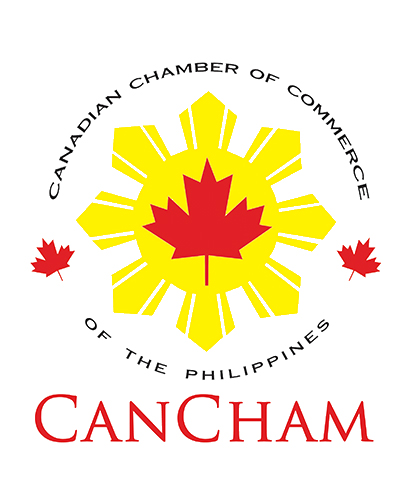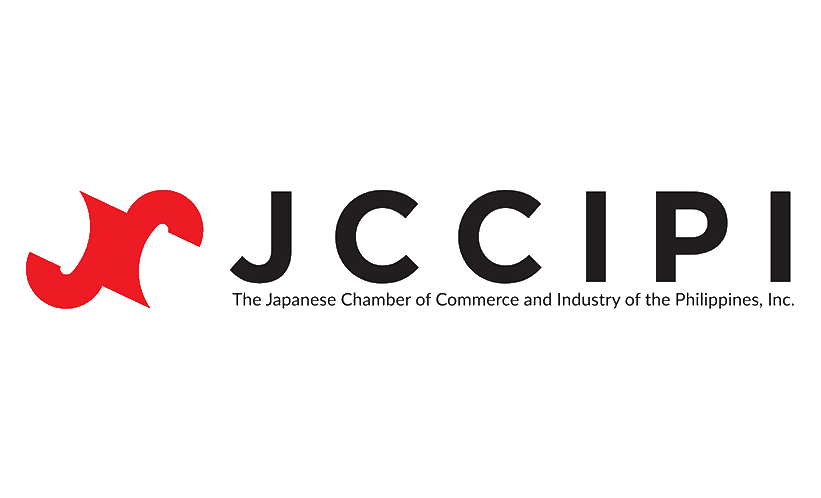
The Executive and Legislative departments on Monday identified five bills that they target to be passed by October.
After attending a small group Legislative-Executive Development Advisory Council (Ledac) meeting with leaders of the 18th Congress in Malacañang, House Committee on Ways and Means Chairman Joey Salceda said they committed to legislate revenue-positive policies.
Salceda said these revenue measures are bills increasing excise tax on alcohol products, Corporate Income Tax and Incentive Rationalization Act (Citira) and amendments to the Public Service Act.
Salceda has refiled House Bill 1026 or the Package 2 Plus of the Comprehensive Tax Reform Program (CTRP), which proposes additional excise taxes on tobacco and alcohol products.
HB 1026 seeks to increase the tax on alcohol products to approximate the 40 to 60 percent sharing of alcohol and tobacco expenditures.
This bill seeks to increase the excise tax rates on alcohol products and the indexation rate to 10 percent to account for inflation and income.
Salceda has also refiled the Citira, formerly known as the “Trabaho” bill, to encourage investments by bringing down the corporate income-tax rate from 30 percent to 20 percent and to modernize investment tax incentives to enhance fairness, improve competitiveness, plug tax leakages and attain fiscal sustainability.
Moreover, Salceda said the Public Service Act, enacted in 1936 to govern public services in the Philippines, needed amending.
He said consumers often experience high prices and poor quality of basic services in the Philippines, because only a few local players or oligarchs effectively control the market.
“Competition and foreign investment are inhibited, because limitations that should only apply to the operation of a public utility are usually also applied to all public services. This situation is caused by the ambiguity in the definition of public utility that is often used interchangeably with public service under Commonwealth Act 146 or the Public Service Act,” he said.
The lawmaker said the key to fix this problem is to develop a clear statutory definition of a public utility by amending the Public Service Act.
This bill proposes to further amend the Public Service Act to effect the necessary changes in the antiquated provisions of the law to increase its relevance to contemporary concerns, in the interest of providing the general public with more choices, better services and lower prices. This bill also prescribes a 12-percent cap on rate of return and prohibits income tax as operating expense for rate-determination purposes for public services, including public utilities, consistent with administrative and judicial pronouncements.
Salceda, meanwhile, said the bill creating the Department of Overseas Filipino Workers and the bill institutionalizing the Malasakit Center will also be passed by October.
“Hopefully we could finish these five bills this August,” Salceda said.
Earlier, Majority Leader Martin G. Romualdez said House committees may implement the one-hearing-only rule on measures that have been approved on third and final reading by the 17th Congress.
Citing House Section 48, Romualdez said that “In case of bills or resolutions that are identified as priority measures of the House, which were previously filed in the immediately preceding Congress and have already been approved on 3rd reading, the same may be disposed of as matters already reported upon the approval of majority of the members of the committee present, there being a quorum.”
2020 budget
Meanwhile, Salceda said the Palace will submit the 2020 National Expenditure Program to Congress on August 16.
“The House targets to pass the national budget before October 5,” Salceda said.
Like the 2019 budget, Salceda said the 2020 national budget will follow the modified cash-based system.
Source: https://businessmirror.com.ph/2019/08/06/palace-congress-list-5-bills-for-october-ok/




















































